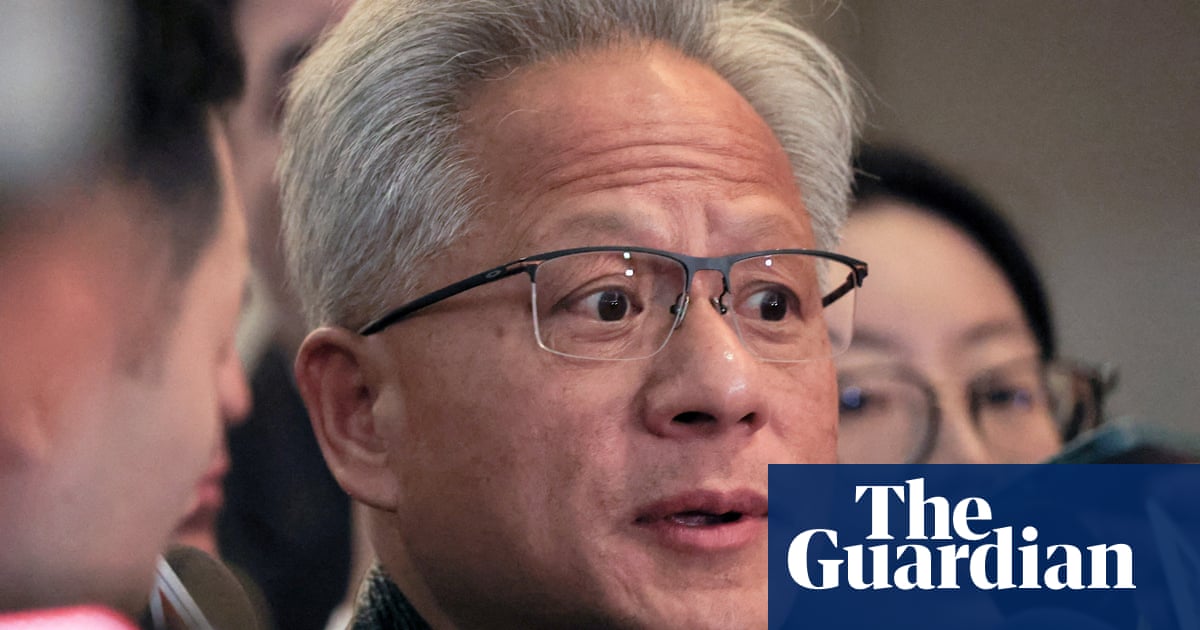CEO of Nvidia Makes Unexpected Trip to Beijing Following US Chip Sales Restrictions to China

Nvidia CEO Visits Beijing Amid New US Restrictions
Overview of Jensen Huang’s Visit
Jensen Huang, the CEO of Nvidia, made a surprise trip to Beijing on Thursday, shortly after the United States announced new restrictions on sales of specific AI chips to China. The White House had placed these restrictions to ensure that Nvidia’s products were not diverted to supercomputing applications in China, which the US is concerned about due to ongoing competition in AI technology. Huang’s visit was arranged through an invitation from a Chinese trade organization.
Key Meetings in China
During his time in Beijing, Huang met with Ren Hongbin, the head of the China Council for the Promotion of International Trade. At this meeting, Huang expressed his hopes of continuing cooperation with China, signaling a willingness to maintain business relations despite rising tensions between the two nations.
China Daily, a state-run English publication, highlighted Huang’s trip, mentioning that it followed a prior visit three months ago when he also discussed opportunities for collaboration with China. This shows Nvidia’s desire to keep its footprint in the Chinese market even while facing various barriers.
Impact of US Restrictions on Nvidia
The new US restrictions primarily target shipments of the H20 datacenter GPUs, which were structured to comply with previous regulations set during President Biden’s administration. The US government is keen to limit technology transfer that could bolster China’s capabilities in AI, especially in supercomputing fields. Nvidia has reported that these restrictions could result in an estimated loss of $5.5 billion in earnings, causing its stock to drop by approximately 7% on the following day.
The ongoing trade tensions have posed significant challenges for Nvidia, as the tech industry faces increasing pressure from tariffs on imports. Furthermore, proposals from former President Trump to impose new tariffs on the global semiconductor industry could further complicate Nvidia’s business strategies.
Nvidia’s Future Plans
Despite the hurdles presented by the new restrictions, Nvidia has announced an ambitious plan to invest $500 billion in AI infrastructure within the United States over the next four years. This move signals a commitment to developing AI technologies domestically while navigating foreign constraints. Additionally, Nvidia outsources its chip production to firms like Taiwan Semiconductor Manufacturing Company (TSMC), which has also indicated plans for substantial investments in the US as a means to mitigate tariff impacts.
Collaboration with Chinese Firms
While in Beijing, Huang reportedly discussed potential collaborations with Liang Wenfeng, the founder of DeepSeek, an AI company recognized for creating an advanced chatbot. These conversations aimed to explore chip designs that would not violate US export regulations. DeepSeek’s rapid rise has captured attention in the tech landscape, challenging existing AI models and attracting scrutiny from US lawmakers concerned about national security threats.
Inquiries from the US House of Representatives regarding DeepSeek’s potential access to controlled chips illustrate the growing concern surrounding China’s advancements in AI technologies. Nvidia has reassured stakeholders that it will adhere to legal standards while promoting technological progress.
Public Response and Reactions
Huang’s presence in Beijing generated considerable buzz on social media, particularly in Taiwan, where he is regarded as a celebrity figure. His visits often attract large crowds and intense media interest. His engagement with Chinese officials reflects an ongoing effort to balance Nvidia’s global business interests amidst geopolitical tensions.
The evolving dynamic in US-China relations, particularly concerning technology and trade, remains complex. The introduction of tariffs and trade restrictions has led to chaos in global markets as nations navigate their policies. Continued dialogue and partnerships in tech are crucial as both countries seek to advance and secure their economic futures.



